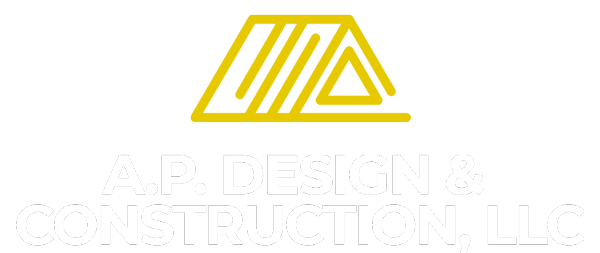Home renovations can add value to your home in several ways. When done strategically and with attention to market trends and the needs of potential buyers, renovations can significantly increase the resale value of your property. Here are some ways in which home renovations can add value to your home:
- Improved Aesthetics: Upgrading the appearance of your home, such as by repainting, replacing old fixtures, or installing new flooring, can make it more appealing to potential buyers.
- Increased Functionality: Expanding or improving the functionality of your home, such as adding an extra bathroom, updating the kitchen, or creating additional living space, can make it more attractive to buyers.
- Energy Efficiency: Installing energy-efficient features, such as double-glazed windows, improved insulation, and energy-efficient appliances, can reduce utility costs for future owners and make the property more appealing.
- Structural Repairs: Fixing structural issues, like a leaky roof, damaged foundation, or outdated electrical and plumbing systems, can make your home safer and more appealing to potential buyers.
- Curb Appeal: Enhancing your home’s exterior, including landscaping, a well-maintained lawn, and an attractive front entrance, can create a strong first impression and increase curb appeal.
- Outdoor Living Spaces: Adding a deck, patio, or outdoor kitchen can increase the usable living space of your property, which can be a valuable selling point.
- Modernization: Updating outdated features and designs can make your home more relevant to contemporary buyers. This may include updating appliances, fixtures, and interior design elements.
- Additional Bedrooms or Bathrooms: Adding extra bedrooms or bathrooms can significantly increase the market value of your home, as it makes your property more suitable for larger families.
- Open Floor Plans: Creating open and flexible floor plans is popular among many homebuyers, as it promotes a sense of spaciousness and functionality.
- Smart Home Technology: Installing smart home features, such as security systems, thermostats, lighting, and locks, can make your home more attractive to tech-savvy buyers.
- Maintenance and Repairs: Regular maintenance and timely repairs can prevent small issues from becoming major problems, which can save you money and enhance the long-term value of your home.
- Neighborhood Upgrades: If you live in an area undergoing improvements or gentrification, investing in renovations can help your property keep pace with the changing neighborhood and its rising property values.
- Neighborhood Consistency: It’s essential that your renovations are consistent with the rest of the neighborhood. Over-improving your home beyond what’s typical for the area may not yield a good return on investment.
- Consultation with a Real Estate Agent: Before starting a renovation project, it’s a good idea to consult with a local real estate agent who can provide insights into what types of renovations are most likely to add value in your specific market. It’s important to note that not all renovations will necessarily add value to your home. Some may not provide a good return on investment, especially if they are overly customized or not in line with the preferences of potential buyers in your area. Careful planning and budgeting, along with consideration of the local real estate market, are essential when embarking on home renovation projects with the goal of adding value to your property.
